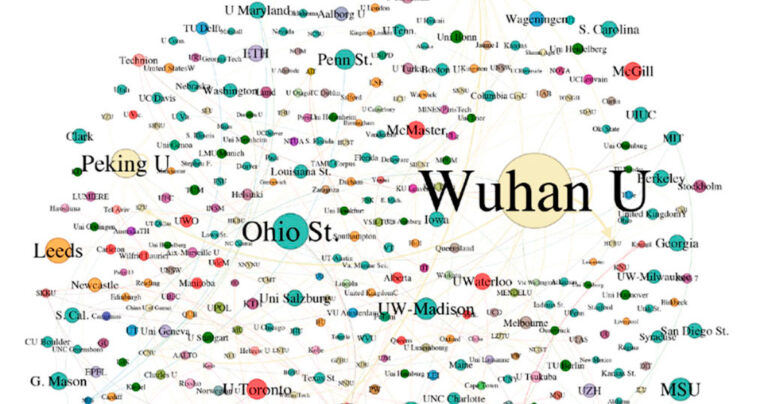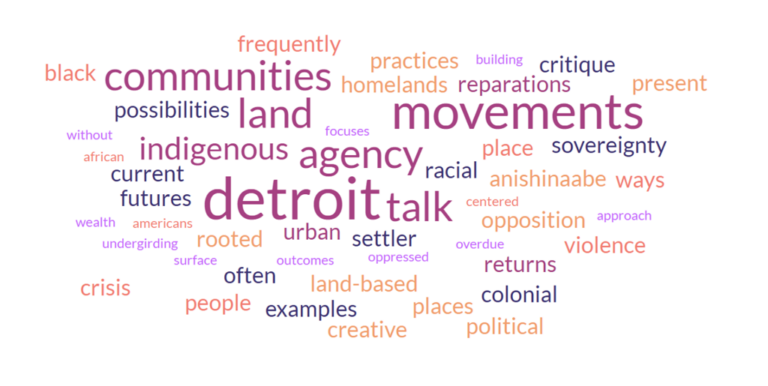‘GeoHumanities’: COVID-19 Announcement
Not Business as Usual: A Message from the Editors of GeoHumanities
There is little about being an academic in the current time that can be called “business as usual”. Academic publishing is no exception. It is the joint act of many people – authors, reviewers, readers, people in the offices of publishers and professional societies such as the AAG, editors, and many others. All of us live in communities that have been, and increasingly will be, shaped by the COVID-19 pandemic.
We join with our fellow AAG editors in choosing not to suspend our journals’ activities or operations for a set period, given the uncertain duration of this crisis. Instead, we are slowing things down, to allow more space and time for listening to the different challenges, capacities, and needs of our staff, contributors, and community members. Editorial decisions and copy-editing will be slower than usual; the window of reviewing will be extended and adapted to personal circumstances; and responses and communications may be uneven or delayed. The months ahead will test all of us in different ways. Through difficult times, we ask for your patience.
Alongside our fellow AAG editors, we ask that all of us who contribute to the existence of our journals put care of self and others first. Submission of papers and peer review are, we believe, at their core, a means of building, maintaining and sharing an academic community. They require sustained, thoughtful engagement with others – a relation-building founded on trust, generosity and empathy as well as rigour, honesty and accountability. This engagement takes many forms, works to different tempos, and is itself immersed in a world of cares and responsibilities. For many of us, ‘not business as usual’ means taking time to simply care for others and ourselves; for others, it means slowly taking stock of events, and reserving our voice until a time when we feel a contribution is feasible and useful. As such, we urge critical conversations on the links that have been, and continue to be, drawn between academic publishing, productivity, and career progression within academia. Universities and the apparatus that surrounds them can, and will, frame articles as measures of academic ‘belonging’ and ‘success’, reducing the work involved to metrics, and arguably glossing the many values that scholarship can provide to both the individuals undertaking it and their potential audiences. This framing can also erase or ignore other sites where other practices are cherished and valued – including caring for ourselves and others – practices that are especially important during times of crisis.
Please take good care.
Editors, GeoHumanities
Tim Cresswell and Deborah Dixon


